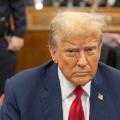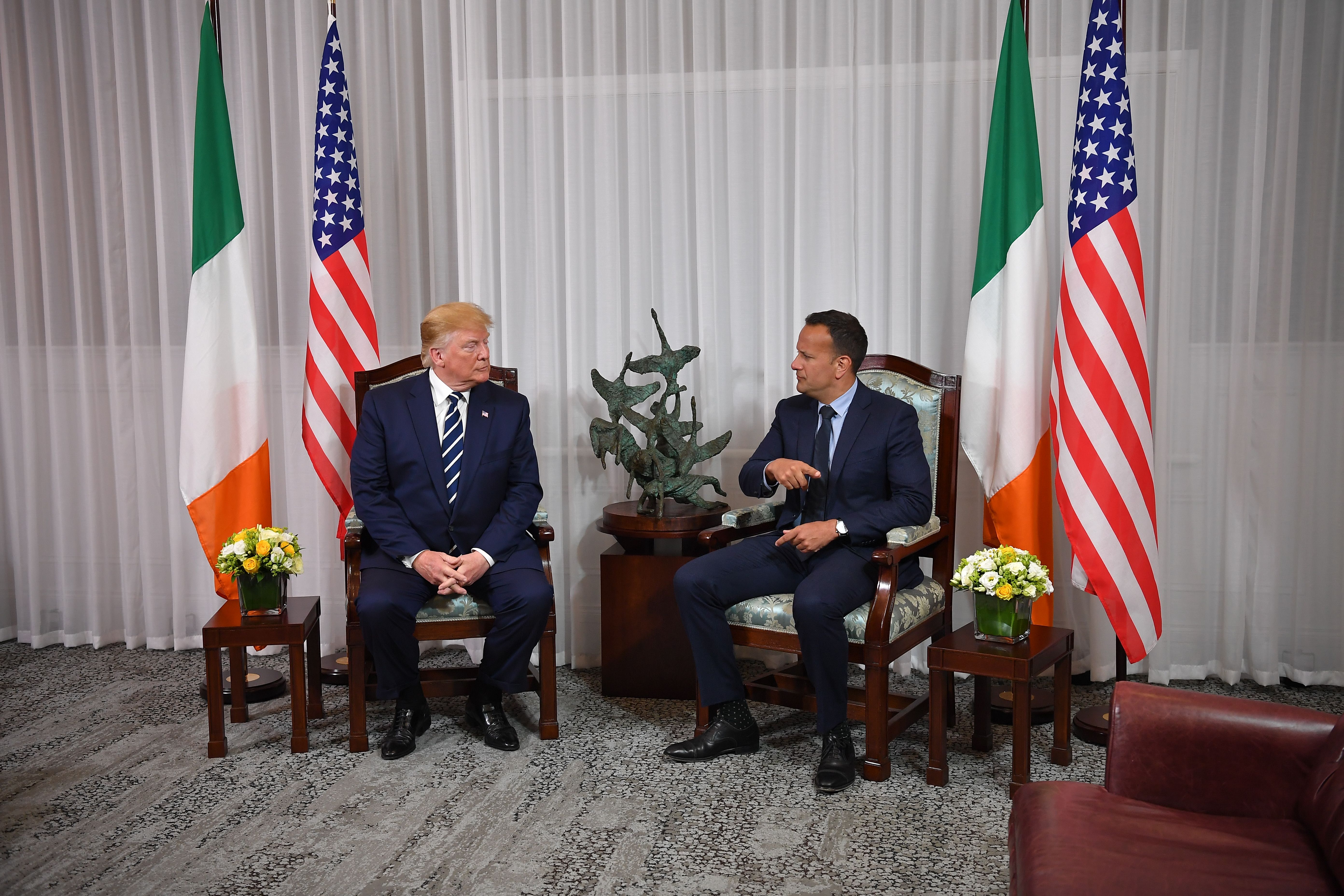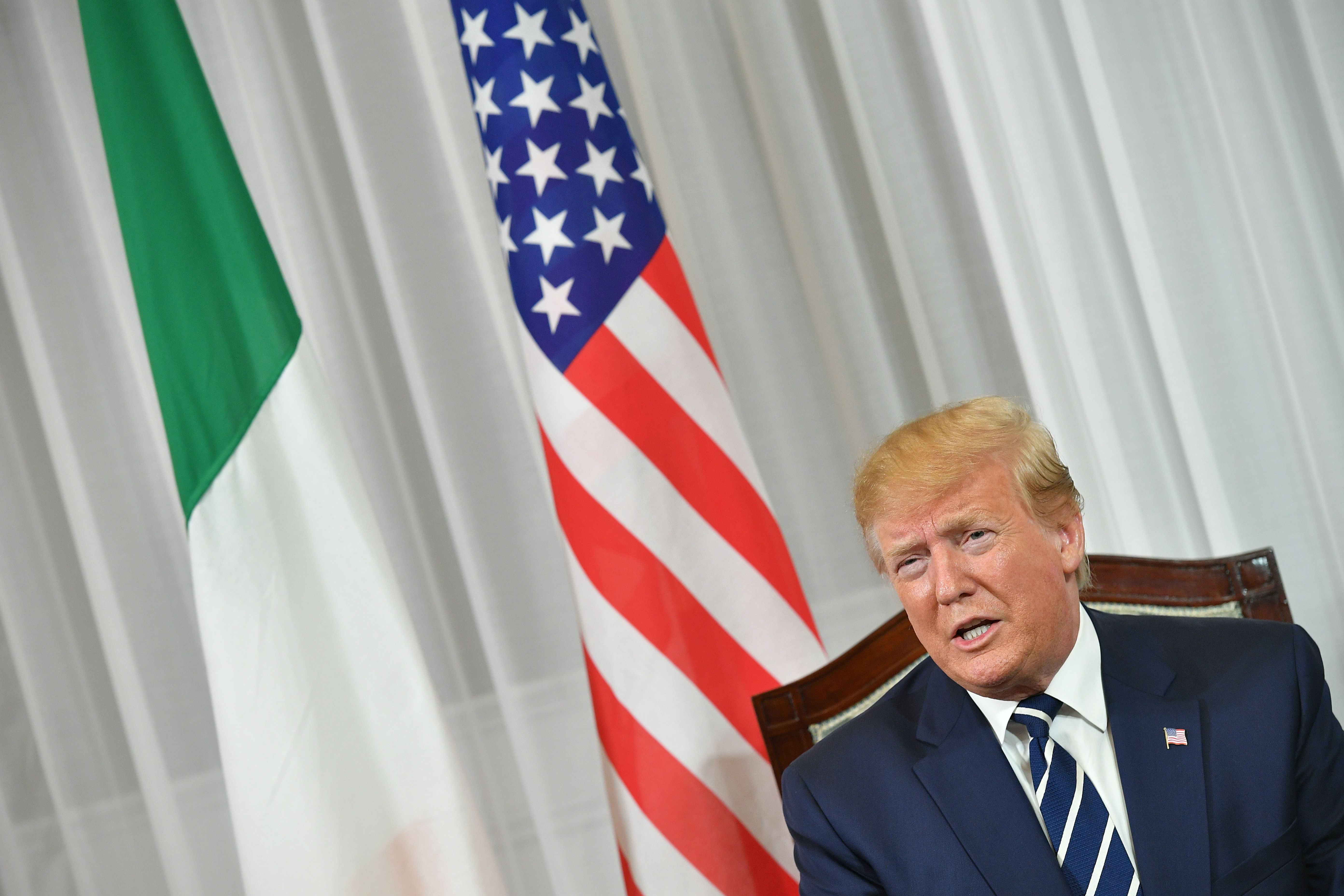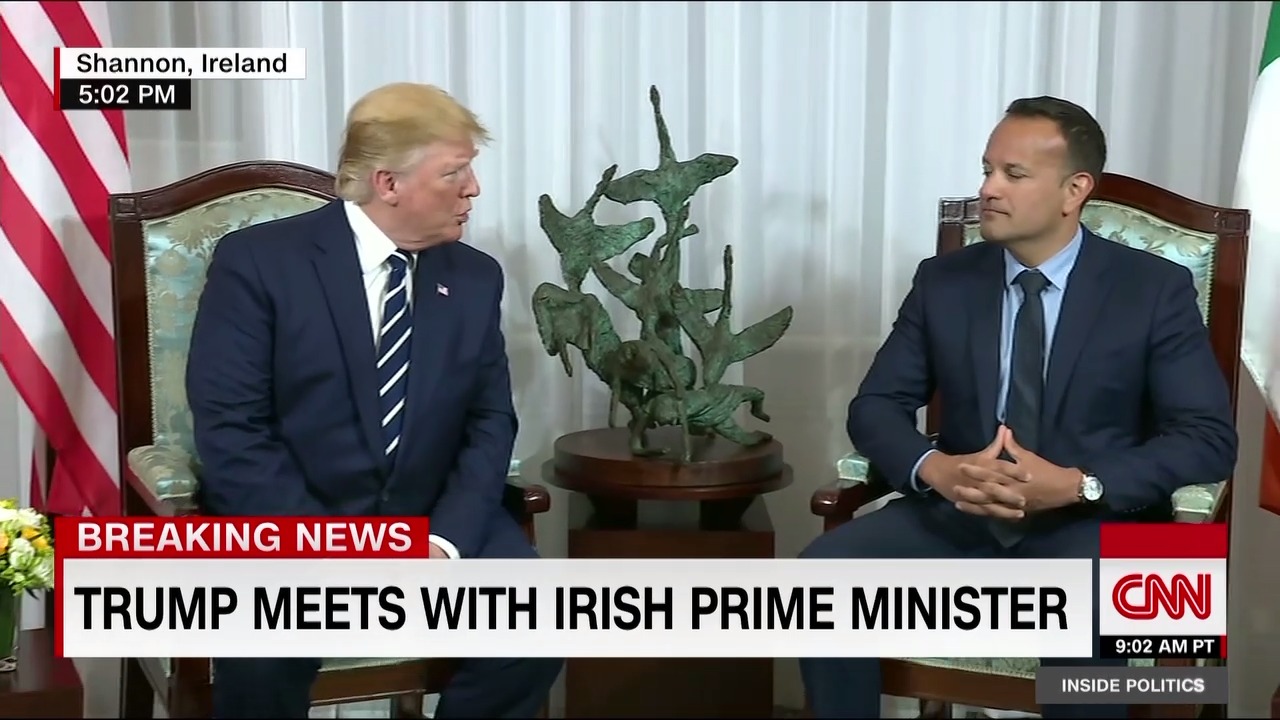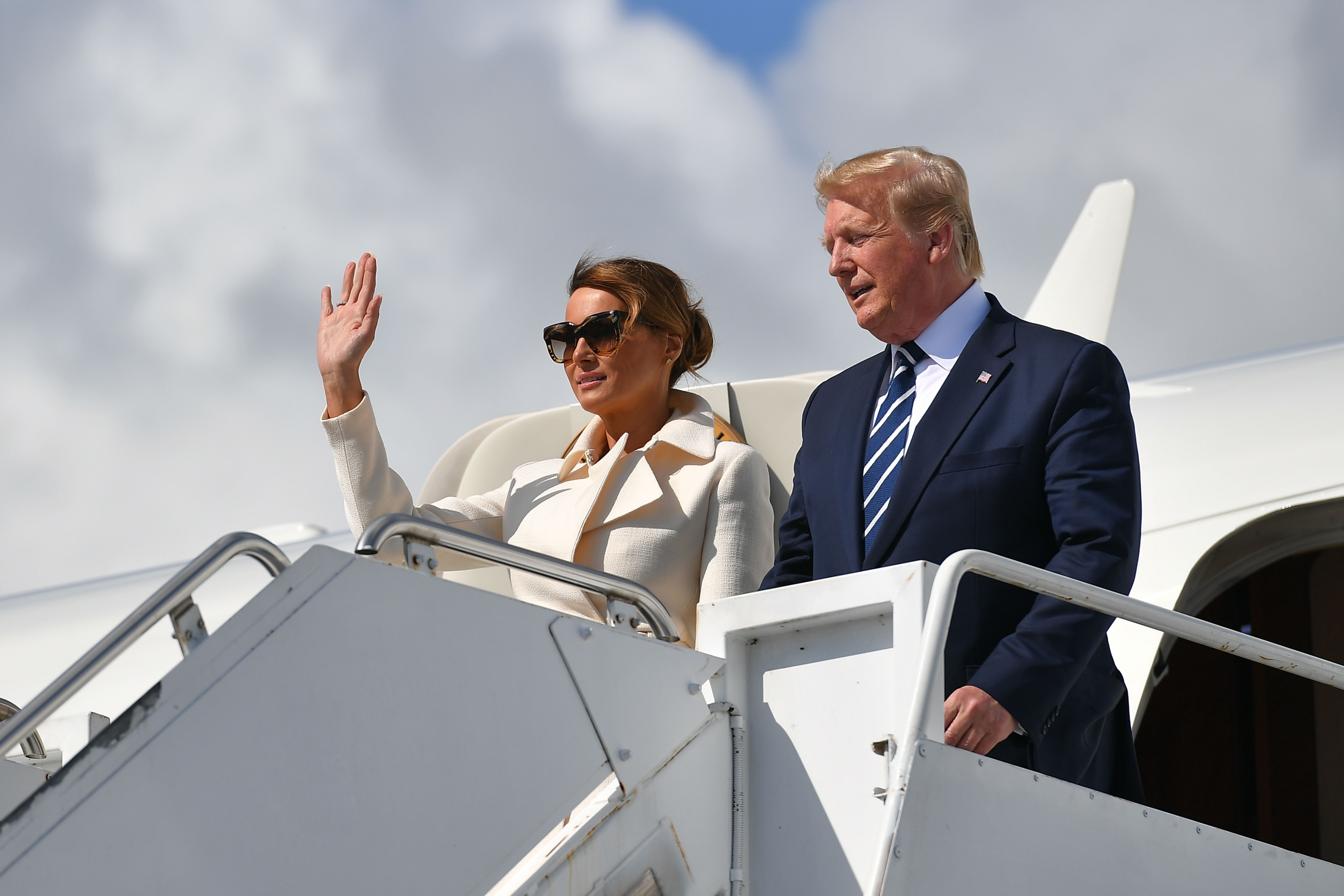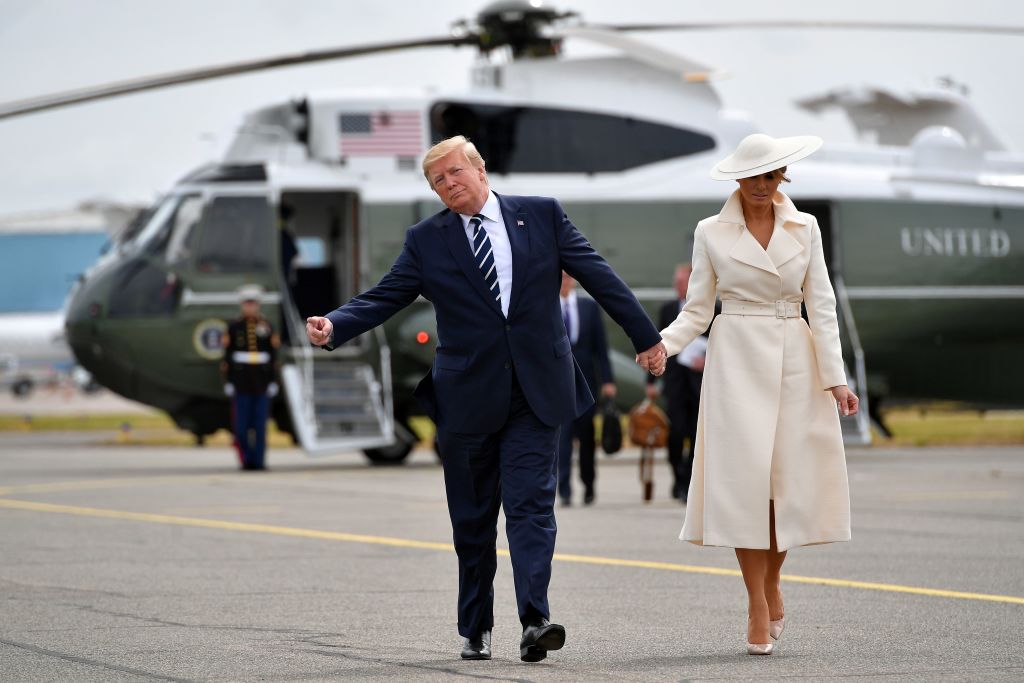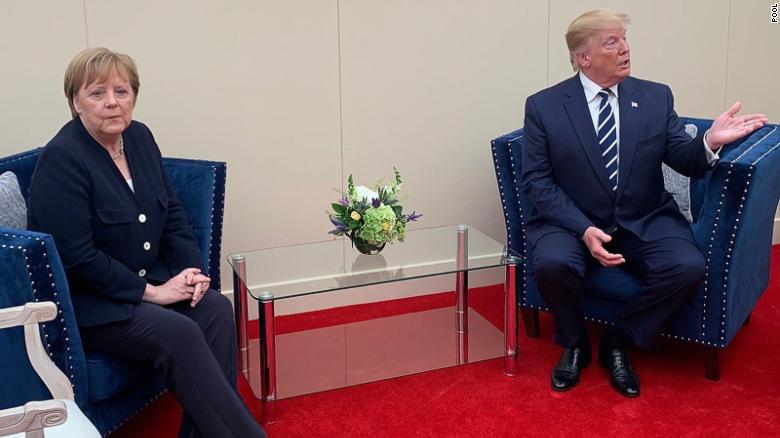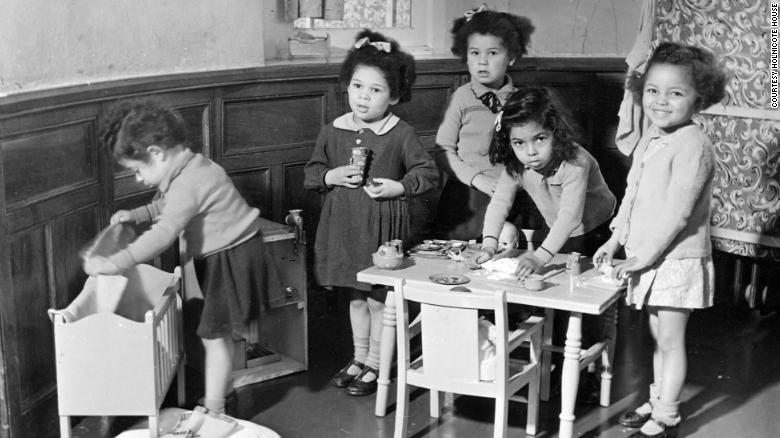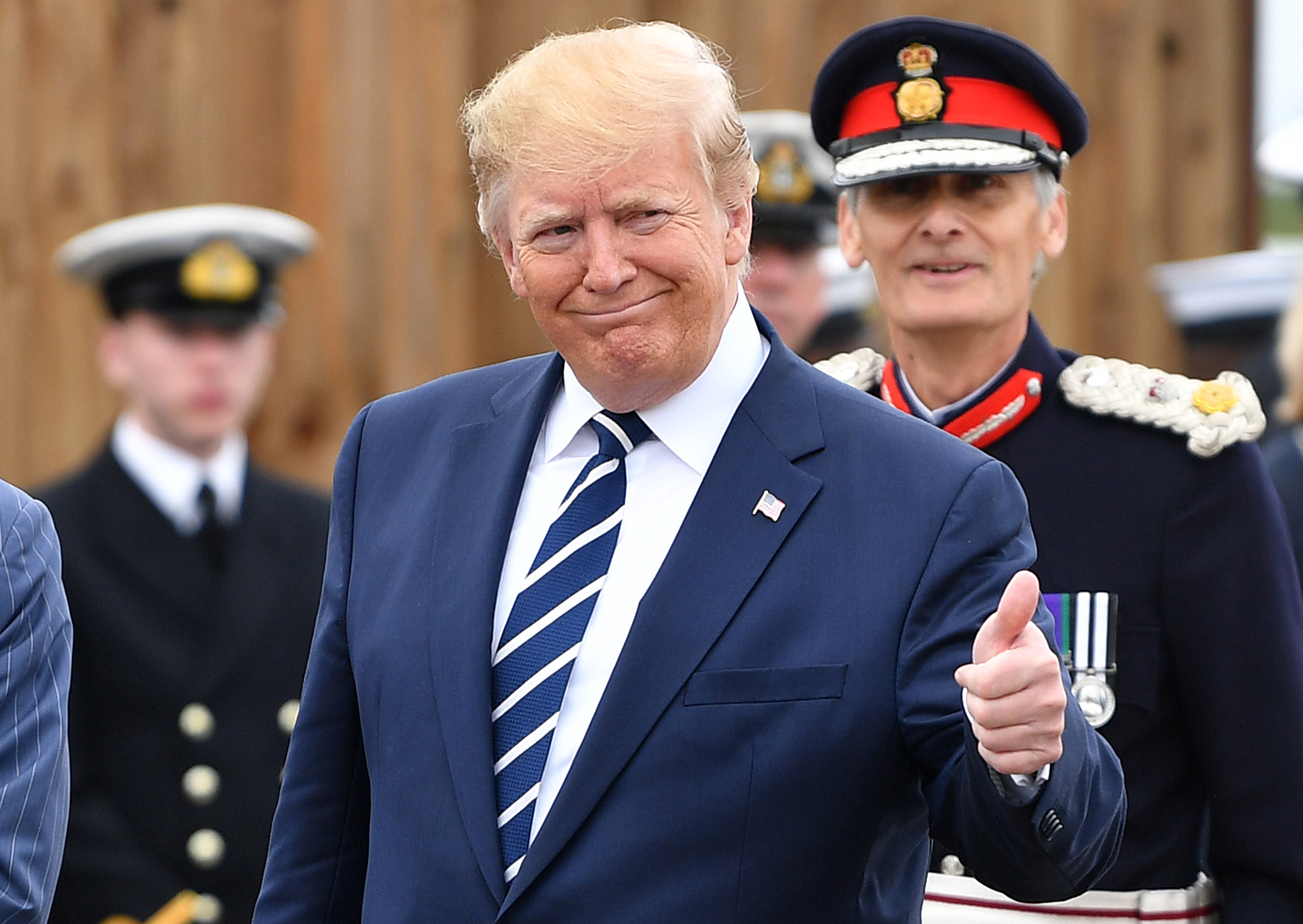
President Trump joined Queen Elizabeth II and British Prime Minister Theresa May at an event Wednesday to commemorate the 75th anniversary of D-Day.
The President's whirlwind trip has seen a spat with London's mayor, meetings with British royals, a state banquet, a sit-down meeting with May and protests.
Trump is now in Ireland, where he's staying at his golf course. He'll later head to France for a ceremony marking the Normandy landings.
We're wrapping up live coverage for the day, but keep reading CNN for more details about Trump's trip.
Here are some of the highlights from Trump's trip to the UK:
- Trump praised May and attacked London Mayor Sadiq Khan
- Why Britain's National Health Service kept coming up during Trump's UK visit
- Here's all the fashion on display during Trump's visit to the UK
- The Queen said her wartime generation was "resilient" as she paid tribute to D-Day veterans.


